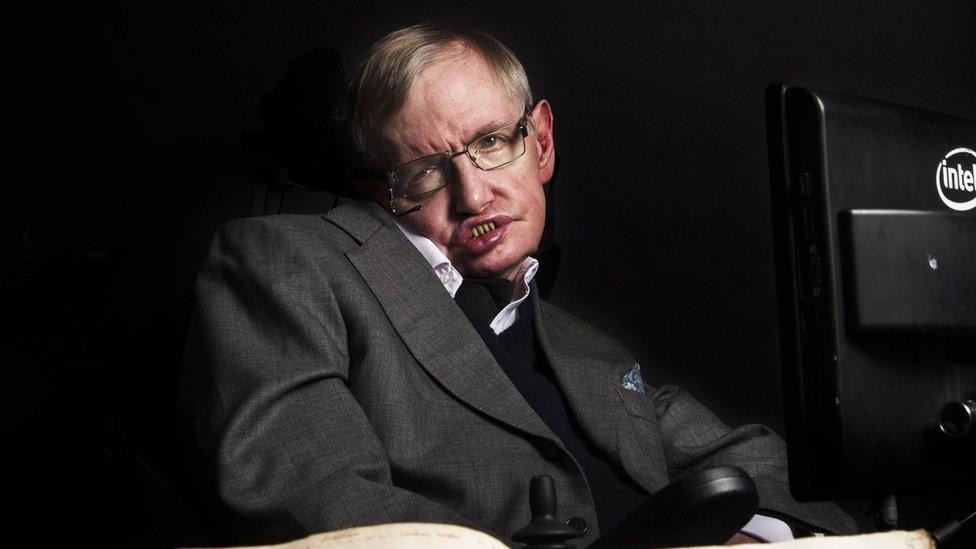Stephen Hawking's words will be beamed into space
- Published
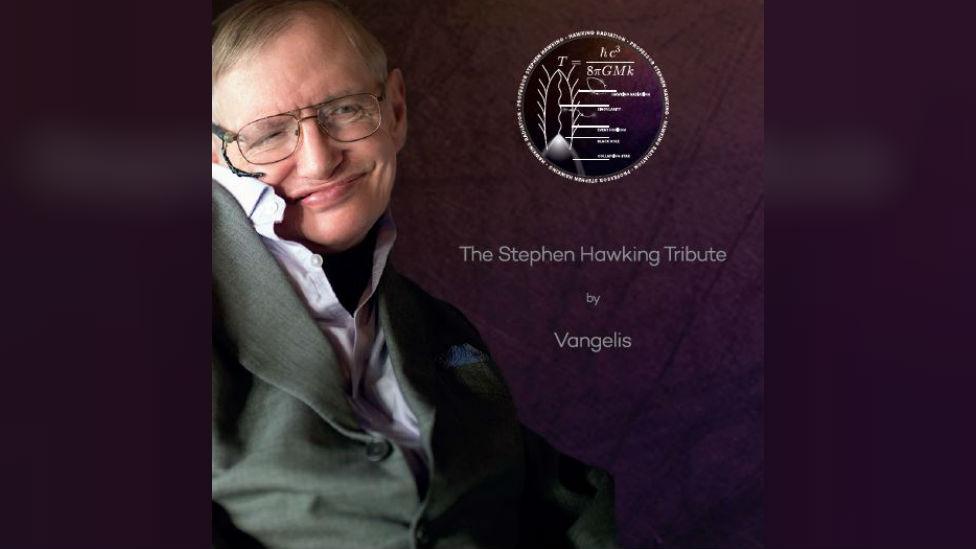
Copies of the CD of the composition will be given to all guests at the thanksgiving service
The words of renowned physicist Professor Stephen Hawking will be beamed into space as a "message of peace and hope", his family has said.
His words have been set to an original score by composer Vangelis, famous for his Chariots of Fire film theme.
The music will be beamed towards the nearest black hole following a service of thanksgiving for Professor Hawking's life at Westminster Abbey on Friday.
He died in March, aged 76, after a long battle with motor neurone disease.
The satellite broadcast will take place after the service, which will feature readings and addresses from people including Benedict Cumberbatch, who played the physicist in a BBC drama, and astronaut Tim Peake.
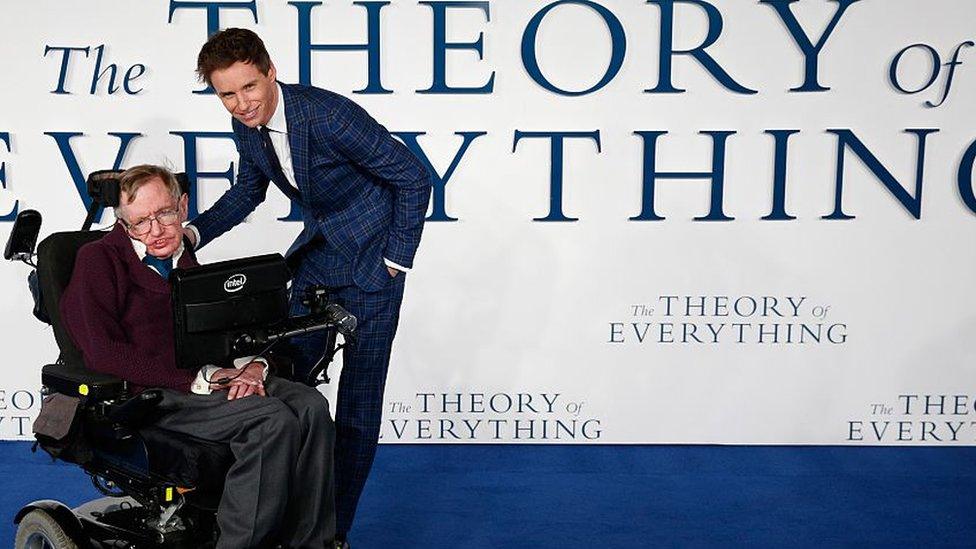
Professor Hawking's life story was made into a film starring Eddie Redmayne
The music chosen to accompany her father's words is a "beautiful and symbolic gesture that creates a link between our father's presence on this planet, his wish to go into space and his explorations of the universe in his mind", the professor's daughter Lucy said.
She added: "The broadcast will be beamed towards the nearest black hole, 1A 0620-00, which lives in a binary system with a fairly ordinary orange dwarf star.
"It is a message of peace and hope, about unity and the need for us to live together in harmony on this planet."
The composition will be beamed into space from the European Space Agency satellite dish at Ceberos in Spain.
A CD of the piece - a personal tribute to the professor by Vangelis, the Greek composer of electronic, progressive, jazz, pop rock and orchestral music - will be given to all guests at the Westminster Abbey service.
Family and friends are set to attend as well as up to 1,000 members of the public who applied for seats in a ballot.
Prof Hawking died in Cambridge on 14 March and thousands lined the streets of the city for his funeral later that month.
During the thanksgiving service his ashes will be interred between Sir Isaac Newton and Charles Darwin.
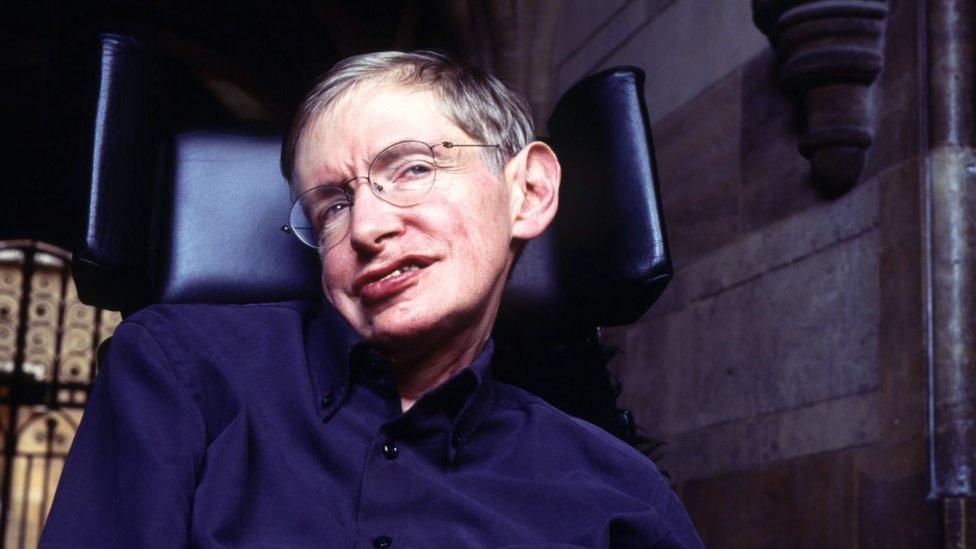
The physicist was a fellow at Gonville & Caius College at Cambridge University for more than 50 years
- Published14 June 2018
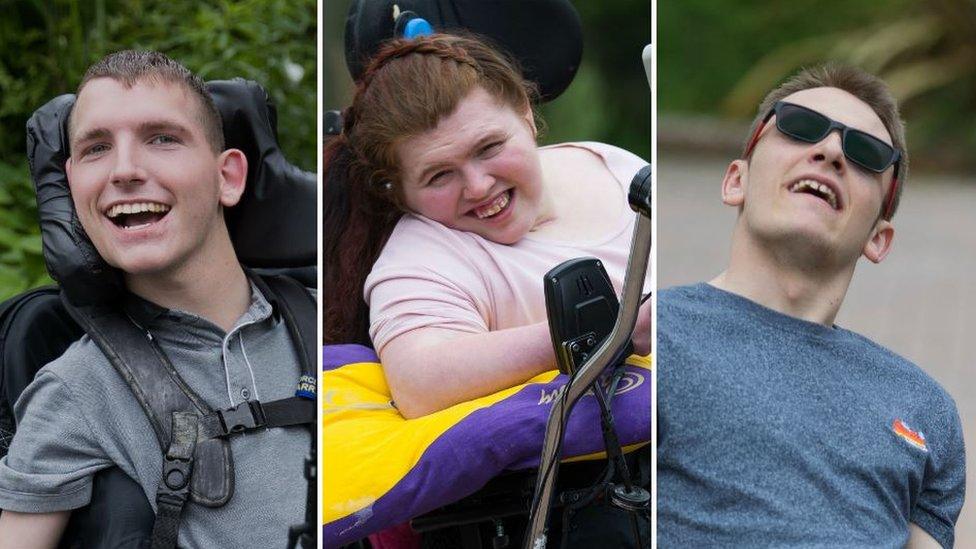
- Published11 June 2018

- Published16 May 2018
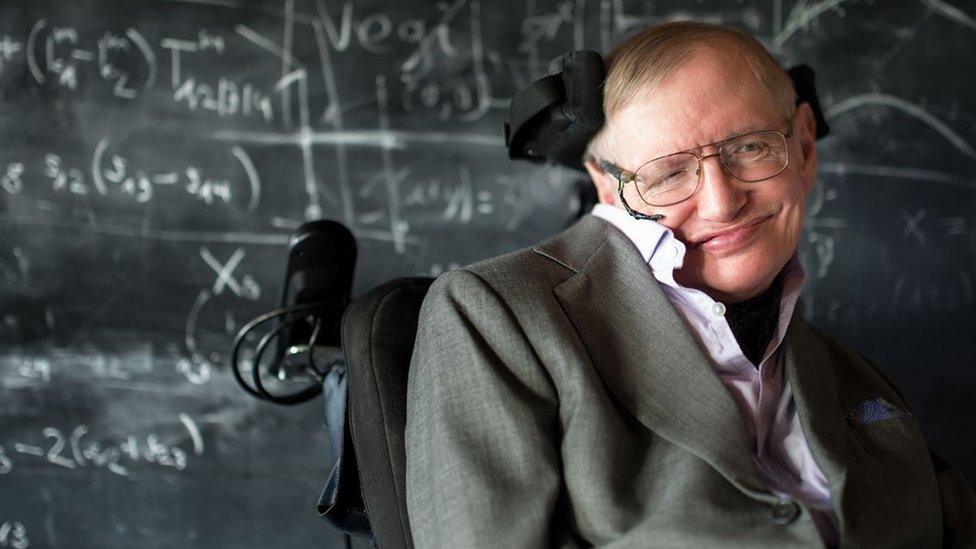
- Published12 May 2018
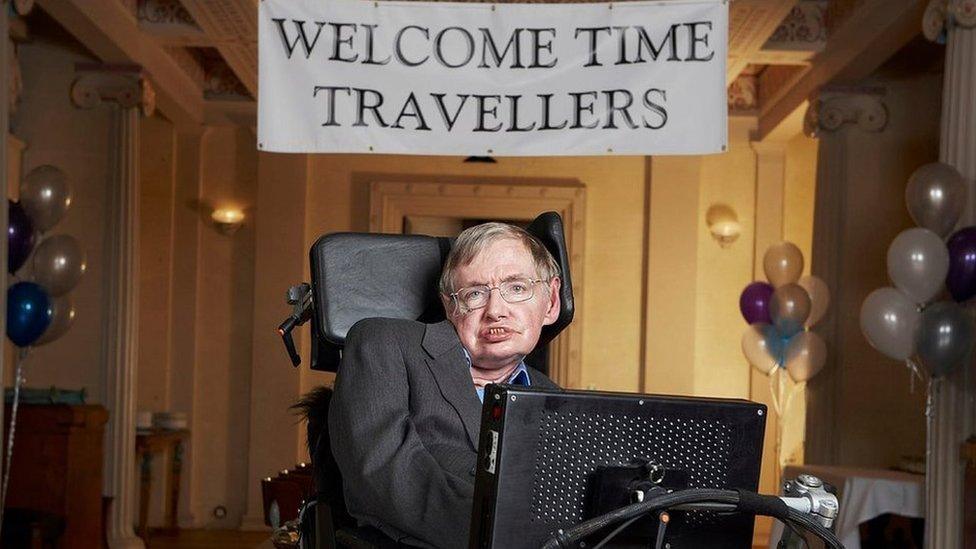
- Published2 May 2018
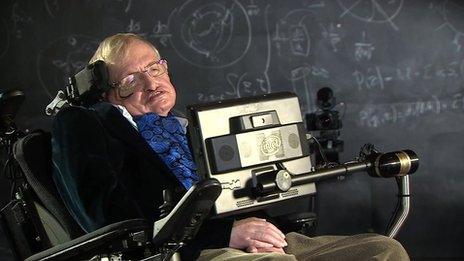
- Published31 March 2018
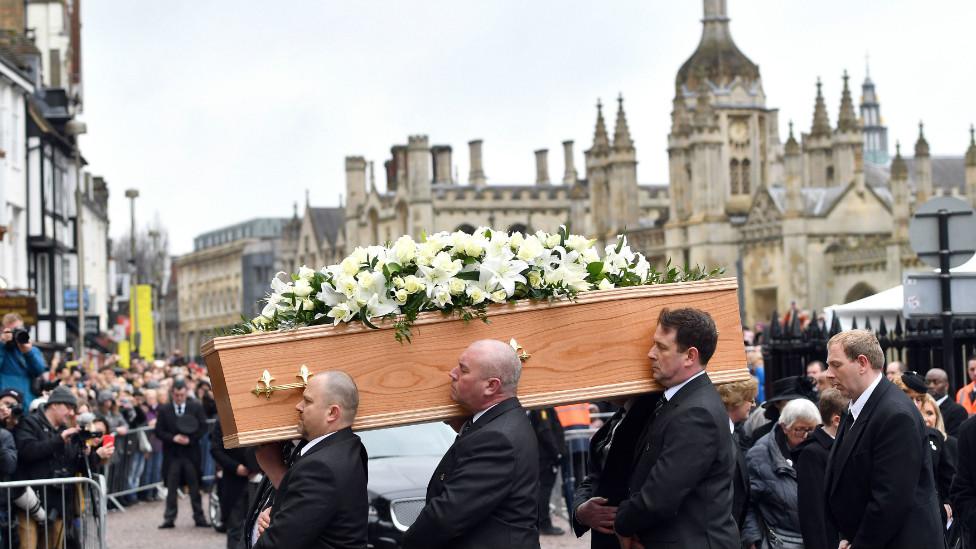
- Published14 March 2018
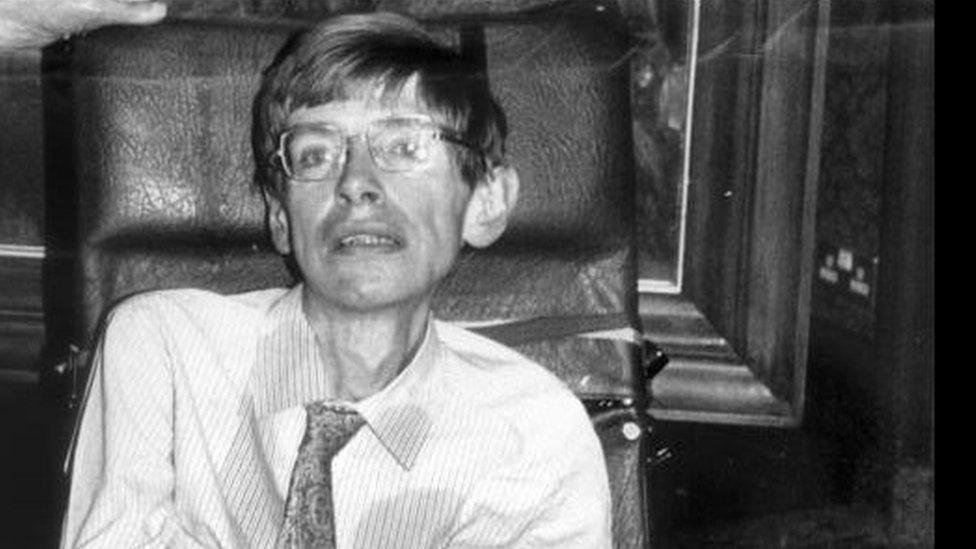
- Published14 March 2018
- Published23 October 2017
